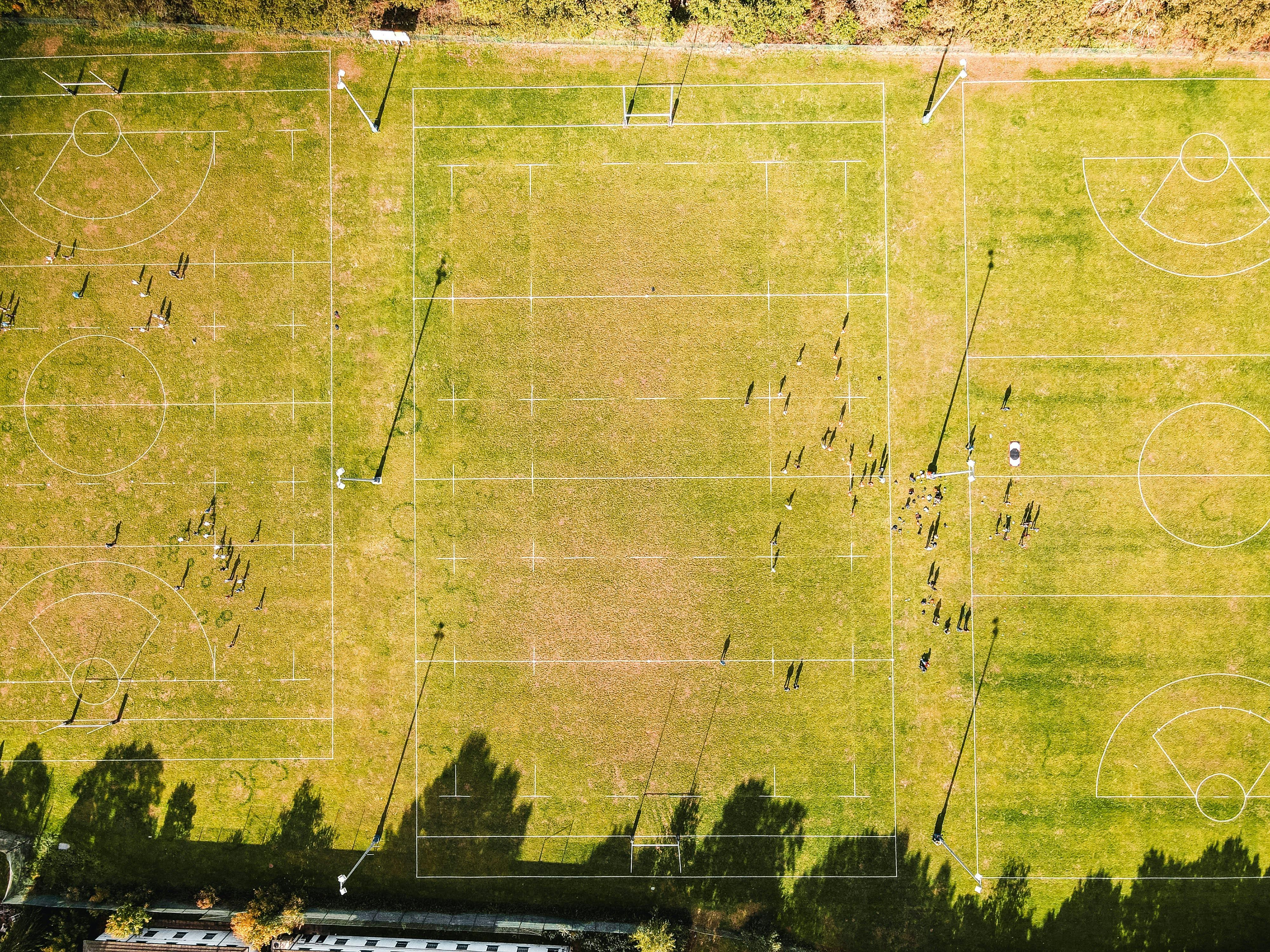
How to safely recycle your computer
admin
- 0
According to the US Environmental Protection Agency (EPA), Americans alone own about 3 billion electronic products, and the amount of electronic waste we generate is constantly increasing. Video equipment, televisions, computers, monitors, keyboards, cell phones and more are ending up in our landfills. In 2007, the EPA estimated that 40 million computers became obsolete in one year. What happens to all that waste?
In the 2007 EPA study, they determined that approximately 235 million units were in stock. Of that, only 18% was recycled and 82% or 414,000 tons of e-waste was landfilled.
Computers are one of the world’s greatest inventions and are beneficial to the global economy, but unfortunately, when thrown away, they are toxic. Carcinogens, heavy metals, and toxic chemicals are all part of the makeup of a computer. For years, developed countries have been exporting their e-waste to places like China and India for cheap disposal. Since 2000, it has been illegal to do this, but corruption still rules in many cases.
When you’re ready to recycle your computer, make the right choice. Be sure to ask who to dispose of your unit and how it is recycled. Find out which organization you are targeting. If a company can’t give you answers about where your unit is going, that’s not a good sign and you need to go to another recycler. The Silicon Valley Toxics Coalition has a lot of information on safe recycling companies. Go to for more details. You can also contact your computer manufacturer and pack up and ship your old computer to them.
So what happens to the data on your old computer? Do not give a computer to someone for recycling without erasing the data on the drive. You have a couple of options. You can ask the recycler to clean the hard drive, you can do it yourself, or take it to a computer repair store. You want to make sure you get rid of all your data, like your contacts, documents, messages, non-transferable software, and even your trash. Manually deleting files is not enough, a professional identity thief can still recover them from your hard drive. You need to clean the hard drive with disk cleanup software. Some systems, such as Windows 7 and Windows Vista, come with Disk Cleanup. If you need to find cleaning software for your system, try searching for “file shredder” or “secure file deletion”.
Remember that you can also take your computer to a reputable computer repair shop and they will safely overwrite your files. They can also recycle the drive for you.
Also, when looking to buy a new computer, consider getting a refurbished one. You can get a great deal on a refurbished laptop that will reduce the amount of another unit going into the e-waste pile in the future.

